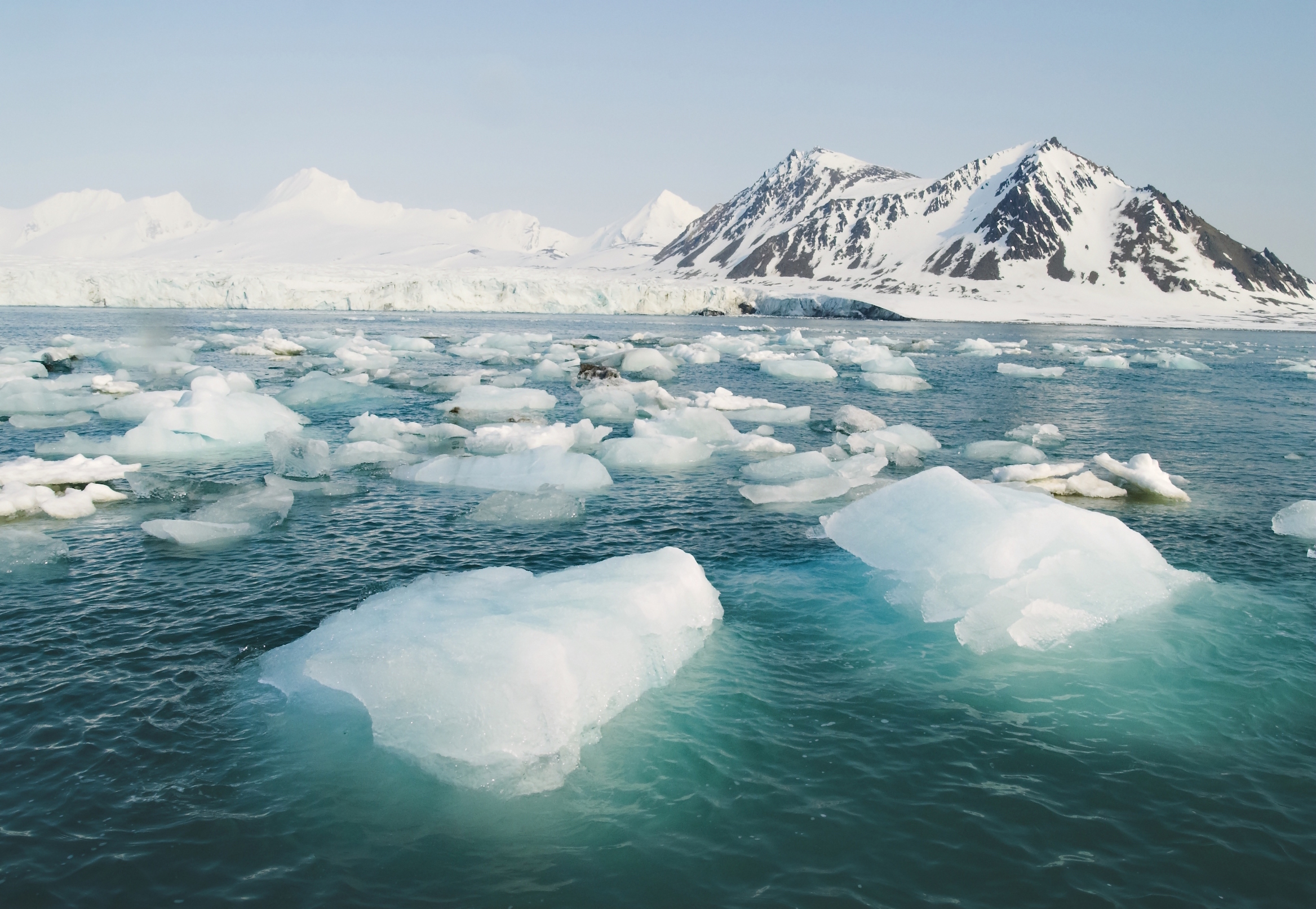
Arctic shelf sediment is changing the composition of the ocean
In one of the first studies to measure the sediment-water exchange that results from the variability of Arctic shelves, scientists found evidence that materials from the shelves are changing the composition of the water. The experts are reporting that the contribution of shelf-derived materials to the central Arctic Ocean has been increasing over the past decade.
The researchers warn that alteration of the seawater’s makeup could pose a threat to biological productivity and species collections. The findings of the study provide new insight into the flow of materials from the Arctic shelf and shed new light on the understudied transport processes of this region.
Sediment-water exchange in the Arctic has several influences including shifts in permafrost thawing, river discharge, and coastal erosion. These factors are all greatly affected by the rising temperatures in the region.
A research team led by Lauren E. Kipp of the Woods Hole Oceanographic Institution set out to determine sediment inputs from Arctic shelves. To do this, they measured the distribution of radium isotopes, which leave a unique isotopic imprint in seawater.
In 2015, the team collected samples of surface water from 69 stations ranging from the Chukchi Shelf to the North Pole. The data was compared to a 2007 study by Rutgers van der Loeff et al. The analysis revealed that radium-228 (228RA) levels in the surface waters had risen significantly between 2007 and 2015.
Based on these findings, the researchers derived that inputs of 228RA to Arctic surface waters are in a state of instability. They also determined that the balances of nutrients, carbon, and trace metals are increasing.
While the two datasets cannot conclusively identify the mechanisms driving increased shelf inputs, this investigation can serve as a starting point for future research of the Arctic shelf-basin exchange.
The research team pointed out that the continued monitoring of shelf inputs could give scientists insight into how the changing climate will influence the chemistry of the Arctic Ocean.
—
By Chrissy Sexton, Earth.com Staff Writer













